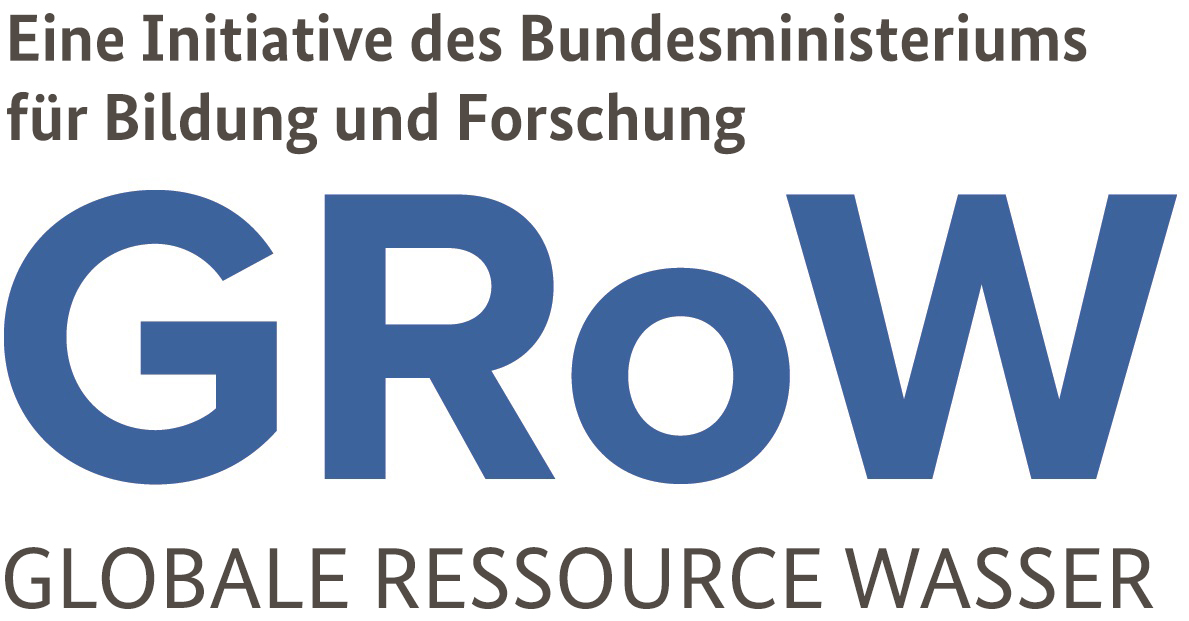IWRA Policy Brief: How can concepts like the water footprint and virtual water contribute to an integrated sustainable water use?
| Date |
Date
|
The Policy Brief “Virtual water and trade: lightening water footprints” by the International Water Resources Association (IWRA) deals with the opportunities and pitfalls of the concepts water footprint and virtual water. The fields of action identified in the Policy Brief are closely linked to the work of various GRoW joint projects.
The authors emphasize that the concepts water footprint and virtual water have the potential to make the 'true' costs of water use transparent. Thus, public awareness of how much water is actually used in a certain product can be raised so that consumers are empowered to make informed buying decisions. However, both concepts are complex. For example, the amount of water used to produce one kilo of meat largely depends on the respective production systems, which differ considerably in water efficiency and sustainability profiles. The Policy Brief therefore suggests considering aspects such as access to land, energy, work etc. in addition to the input factor water. In line with this integrated approach, the authors propose to integrate information on the water footprint and virtual water consumption into existing sustainability labels. This goal is also pursued by the GRoW joint project InoCottonGRoW which aims to feed knowledge about the water footprint of the cotton industry into existing textile labels.
In addition to communicating water-related information to the public, the concepts of water footprint and virtual water can also contribute to the implementation of more sustainable production systems. In agriculture, for example, they can reinforce practices and crop choices that fit local hydrological conditions. However, the authors urge to take geopolitical and ethical aspects into account, since the reduction of blue and grey water footprints can go hand in hand with social, economic and cultural trade-offs. The focus should therefore lie on increasing water-efficient technologies, along with transparent policies to achieve sustainable water use. Here too there are links to GRoW: In the joint project WELLE, a tool was developed with which companies can track their water consumption along the production chain and identify hot spots of water consumption in order to invest in more efficient technologies.
The Policy Brief concludes by calling for (1) greater attention to (unintended) trade-offs in agricultural subsidies, (2) improving supply chain resilience through sustainable and adapted production practices, and (3) creating trust in food supply chains by deciding on sustainable and transparent water policies.
The full Policy Brief can be downloaded here. Further information on links to GRoW's work within the cross-cutting topic of the water footprint can be found here.
